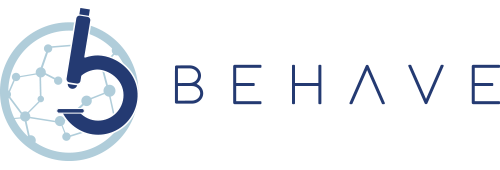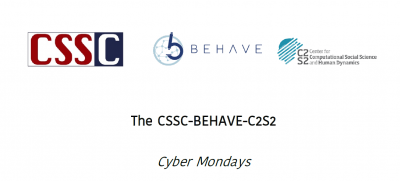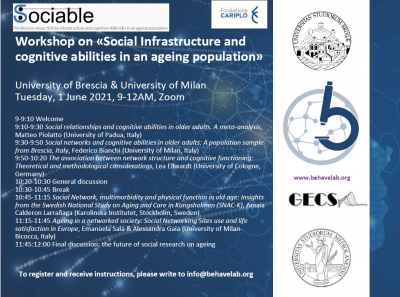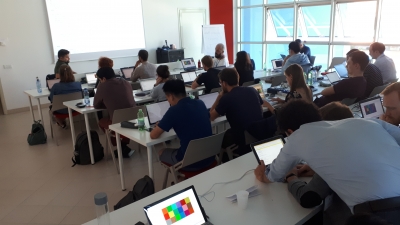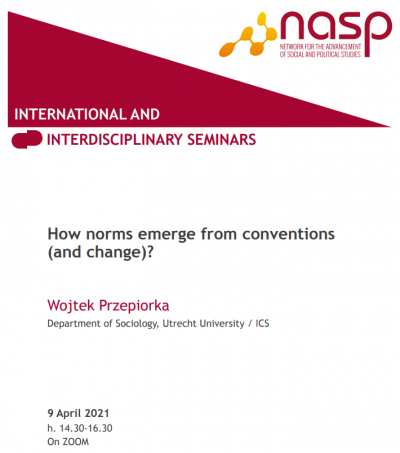Behave welcomes Margherita Criveller, a new PhD student!
Behave welcomes Margherita Criveller, a new PhD student, who is working on a historical project that aims to reconstruct the networks of Italian mercenaries in the 1400s, delving into the institutional aspects and social norms that governed the relationships between the Masters of the regional states and the mercenaries' familial companies. More info on Margherita here.
